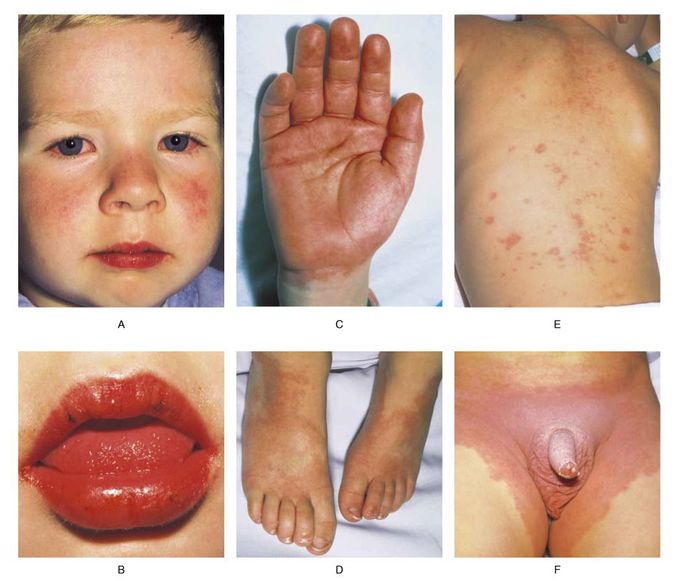


Kawasaki Disease: An Inflammatory Condition of Arteries in Children
Kawasaki disease is an inflammatory disorder of medium-sized blood vessels. It majorly affects the coronary vessels thereby causing cardiac complications. It is an acute systemic disorder that affects children under 5 years of age. The Kawasaki disease presents with a variety of signs and symptoms: - Fever - Inflammation of oral mucosa and strawberry tongue - Conjunctival injection - Generalized rash The cardiovascular manifestations of Kawasaki disease are: - Coronary arteritis and eventual myocardial infarction - Myocarditis - Pericarditis - Coronary dilatation - Insufficient peripheral vascularization - Gangrene The cause of Kawasaki disease is idiopathic. It is hypothesized to occur as a consequence of an aberrant immune response to an infectious agent. The Kawasaki disease is treated by aspirin and I/V immunoglobulins. The dose of aspirin is 5 mg/kg OD for 2 weeks. IVIG is given for 4 days in dose of 400 mg/kg OD. Reference: Davidson’s Principles and Practice of Medicine, 23rd Edition Image via https://www.nejm.org/doi/pdf/10.1

